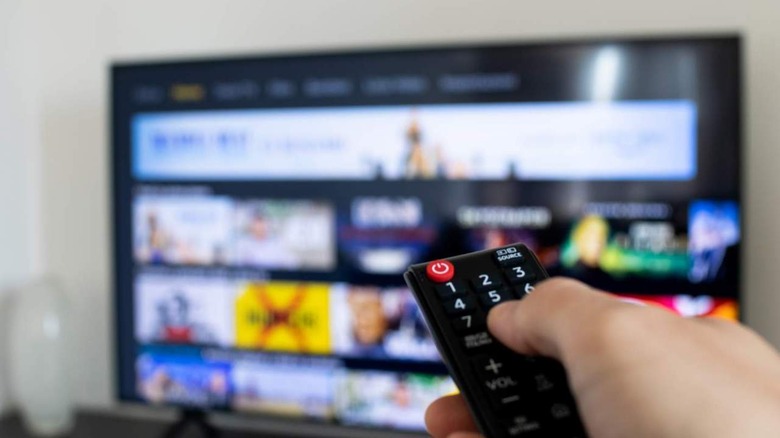Google Nest White Noise Changed: Here's The Larger Issue
Over the weekend, multiple users took to the Google forums to complain about changes to Google's white noise ambient sound file. According to the comments, the old file had been replaced by a new one, which had a harsher cutoff and took longer to loop, resulting in users being awakened or disturbed in the process. Furthermore, users reported that the new sound was muffled and harder to hear compared to the old one, so it didn't work as well. Users quickly took matters into their own hands, with one user even going so far as to create a one hour and 12 hour loop of the sound for others to play.
After a few days of complaints and multiple reports from various sites, an admin and Google Community Manager on the forums stated that the company has returned the white noise sound to its original format. But, while that issue might be resolved for the moment, it helps highlight a much larger issue right now, and one that isn't likely to go away anytime soon. We don't own any of the files that we're streaming.
Digital purchase isn't physical ownership
Because we've come to rely on cloud computing so much, we've put the weight of a lot of our needs on the services that digital and streaming services offer. Now, Google's ambient noise might not be directly tied to a streaming service, but it is based on a cloud system that Google uses to distribute those same files to users all around the world. Because the system uses the cloud — a cloud controlled by someone else — we don't have any real say in what's available through the service.
This is an issue we've seen crop up multiple times in the past, with companies like Apple even going so far as to remove purchased movies from a user's iTunes library. Buying digital items has become so easy and convenient, that it's almost impossible not to partake in some fashion, even things like movie rentals have come to rely heavily on the digital world. But just because you paid money to add something to your library, doesn't make it yours. In fact, all that really does is give you a license to access the content, so long as its available on its associated host service. Pieces of content hosted by a service can disappear at any time.
That's what happened when Apple removed three movies from an iTunes user's library back in 2018 (as seen in the linked article above). When questioned about it, the company told the user that the content was no longer available on iTunes. As such, the user could no longer access the content despite having "bought" it in the past.
We're at the mercy of the content providers
Because we don't actually own any of the content that we stream — including things like Google's ambient noise system — we don't actually have any control over it. Instead, we're left at the mercy of the content provider and their decisions to provide that content to us. In the case of Google's ambient noise changes, it left many scurrying to find something that would work to fill in the void with the changes that Google made.
Thankfully, the community was able to generate enough feedback that Google decided to change it back, but that wasn't a guaranteed outcome. Many times, developers make changes that they want to make — for reasons they may feel are important — but they may not always fit with what the community wants as a whole.
So, if you're relying on streaming services like Amazon, or even relying on things that Google offers, then you should always keep in mind that you don't own any of the content that you're streaming from the cloud. If you don't have a physical copy of it — like a DVD — then all you have is a license to use it. And, as such, you have no real control over how companies use or change it. This is an issue that's only going to continue to grow as we push deeper into cloud computing, so it's something that people should become accustomed to sooner rather than later.


